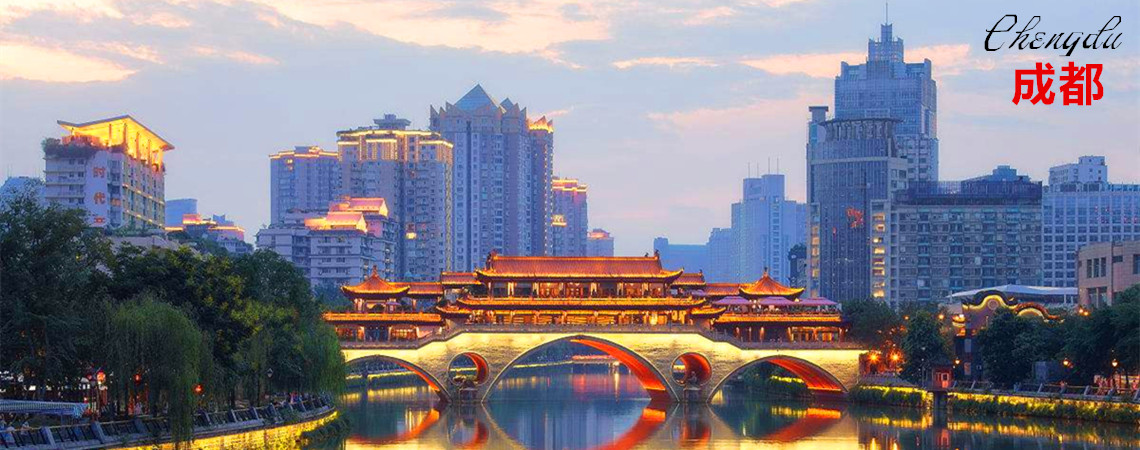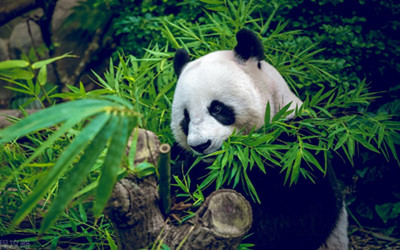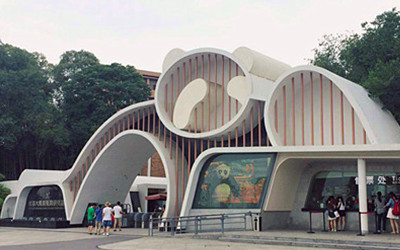Skype: neodalle-travel
Tel: +86 135 7447 2266
E-mail: sales@visitaroundchina.com

 The giant pandas are not only a Chinese national treasure but are also beloved by people the world over. They are found only in Sichuan, Shaanxi and Gansu provinces. In total there are fewer than 2,000, of which 70% are distributed within the territory of Sichuan Province. Therefore, when visitors from home and abroad come to Chengdu, Sichuan, one of their main objectives will be to see this lovely animal for themselves.
The giant pandas are not only a Chinese national treasure but are also beloved by people the world over. They are found only in Sichuan, Shaanxi and Gansu provinces. In total there are fewer than 2,000, of which 70% are distributed within the territory of Sichuan Province. Therefore, when visitors from home and abroad come to Chengdu, Sichuan, one of their main objectives will be to see this lovely animal for themselves. It was opened in 1993 to further scientific education and to improve public awareness of the protection of both wild creatures and their environment. This is the world's only thematic museum for rare and endangered animal species. The three main exhibitions are in the Giant Panda Hall, the Butterfly Hall and the Vertebrate Hall. The exhibits include all kinds of precious pictures, more than 800 materials and show more than 2140 different samples gathered in Sichuan. These include examples of animals, birds, amphibians, reptiles and insects as well as fossils and models. The resources held in store at the museum include up to ten thousand samples as well as a library of thousands of books and documents. This excellent and comprehensive museum provides a wonderful venue for all who are interested in seeing something of the propagation and protection of the region's natural bio-diversity.The necessary facilities have been completed and include a fodder room, sleeping quarters and a medical station. Additionally there is a museum together with research laboratories and a training center.
It was opened in 1993 to further scientific education and to improve public awareness of the protection of both wild creatures and their environment. This is the world's only thematic museum for rare and endangered animal species. The three main exhibitions are in the Giant Panda Hall, the Butterfly Hall and the Vertebrate Hall. The exhibits include all kinds of precious pictures, more than 800 materials and show more than 2140 different samples gathered in Sichuan. These include examples of animals, birds, amphibians, reptiles and insects as well as fossils and models. The resources held in store at the museum include up to ten thousand samples as well as a library of thousands of books and documents. This excellent and comprehensive museum provides a wonderful venue for all who are interested in seeing something of the propagation and protection of the region's natural bio-diversity.The necessary facilities have been completed and include a fodder room, sleeping quarters and a medical station. Additionally there is a museum together with research laboratories and a training center.
 Ask Questions ?
Ask Questions ?